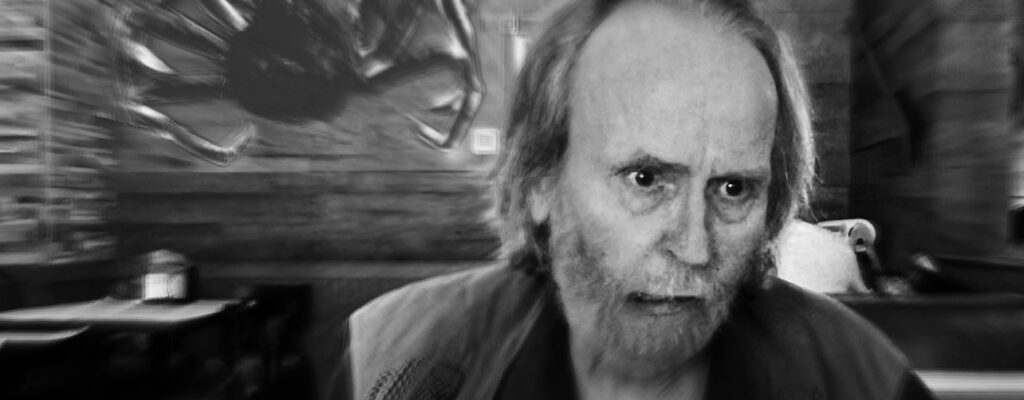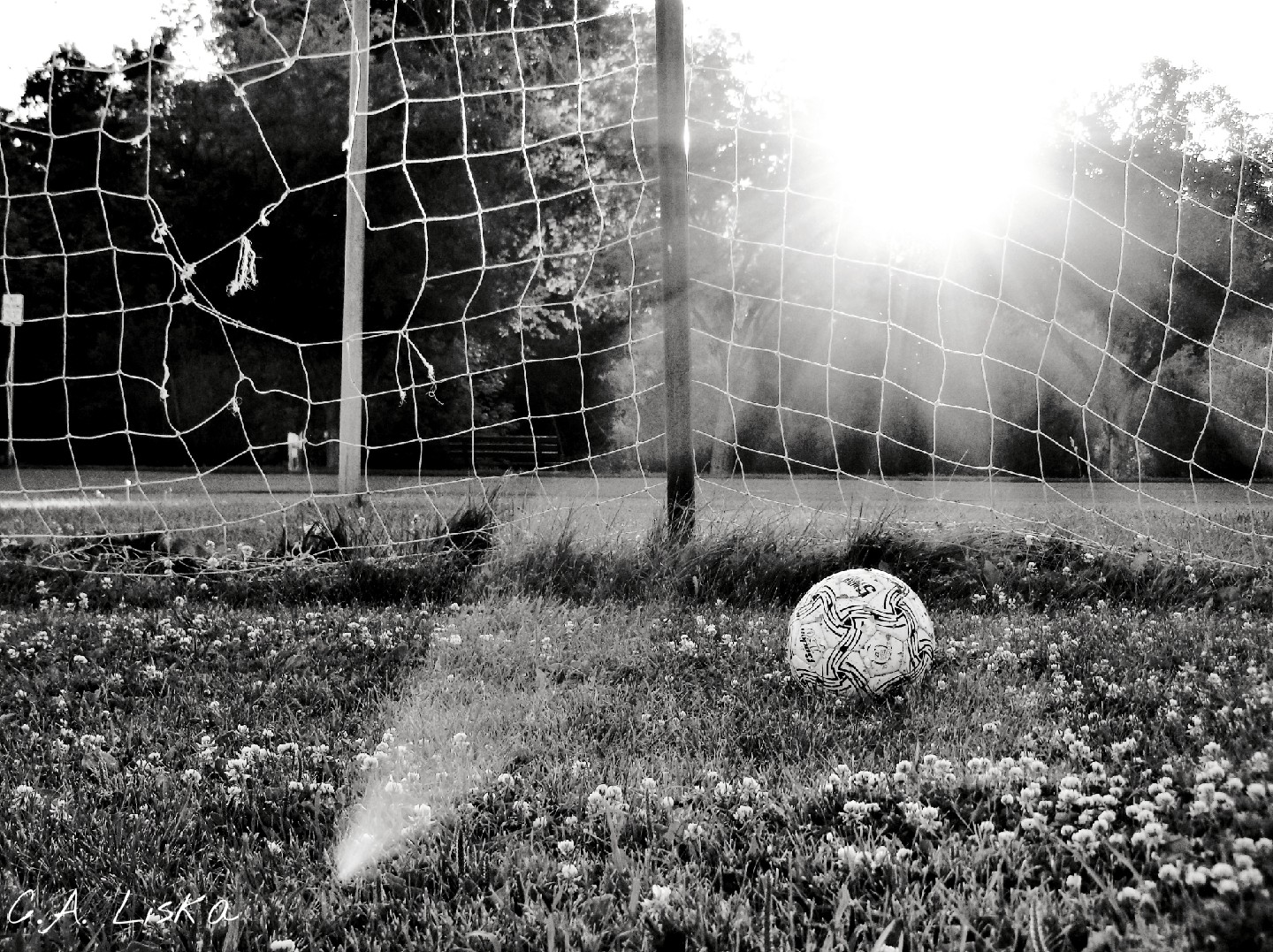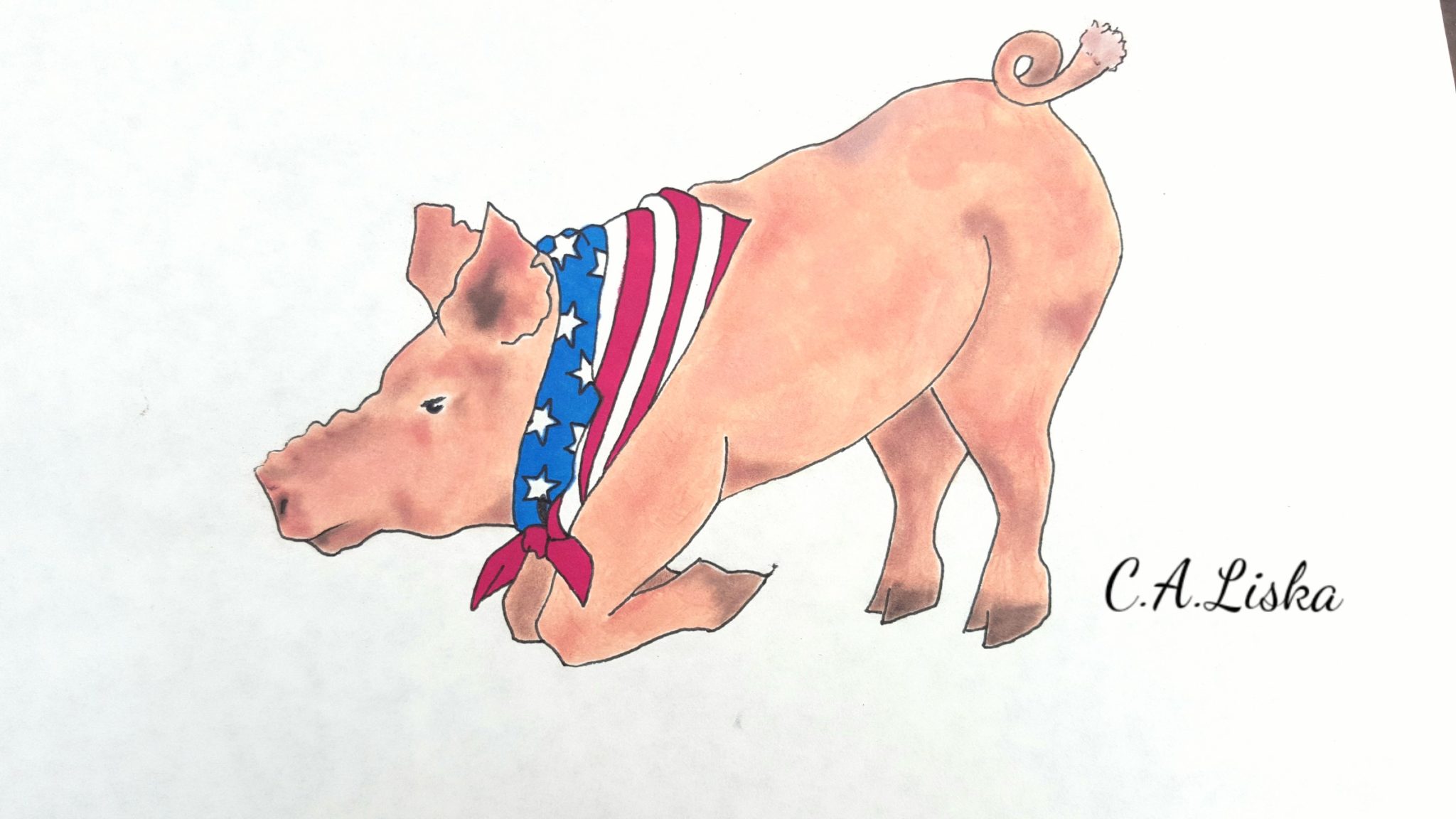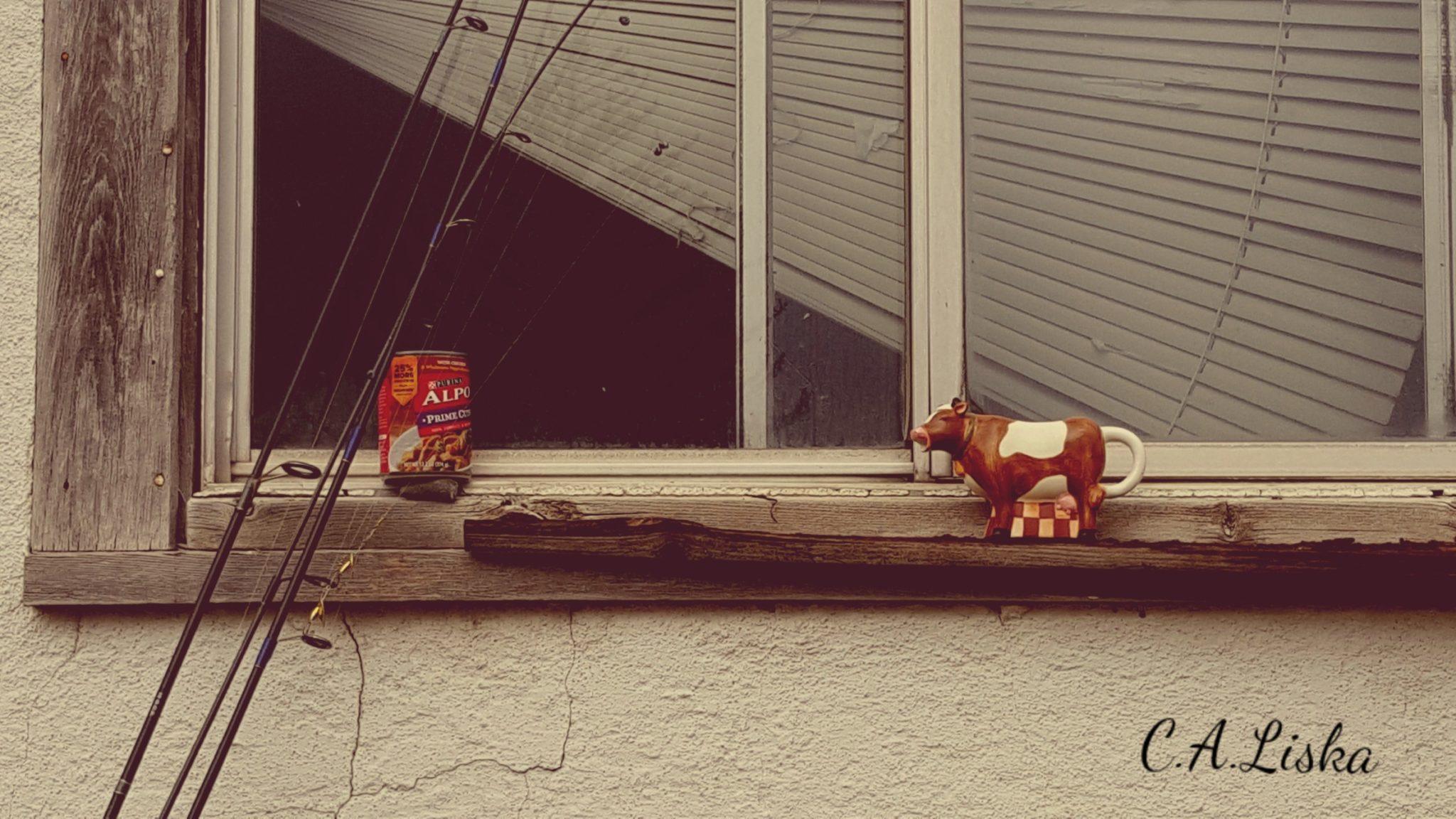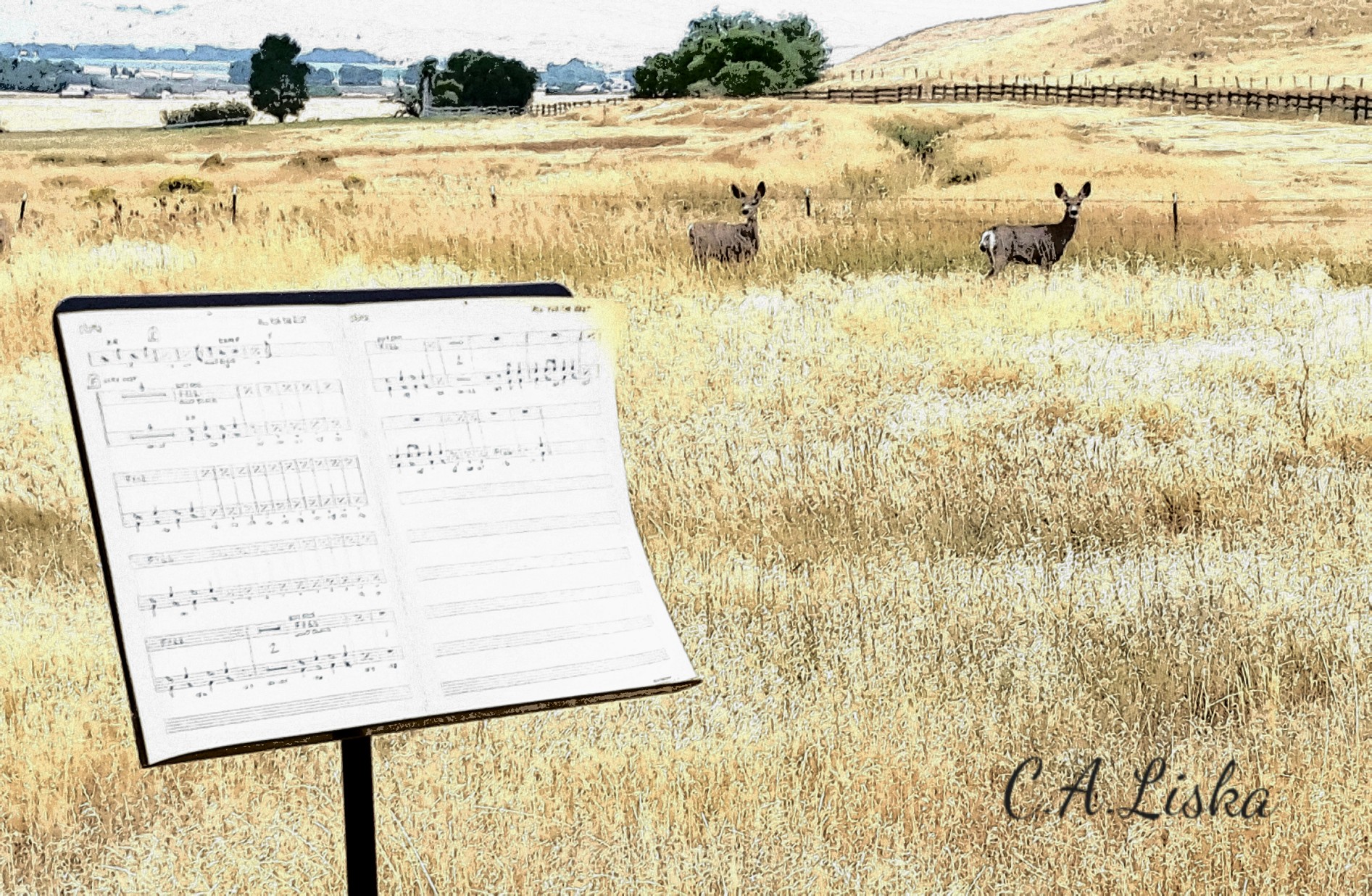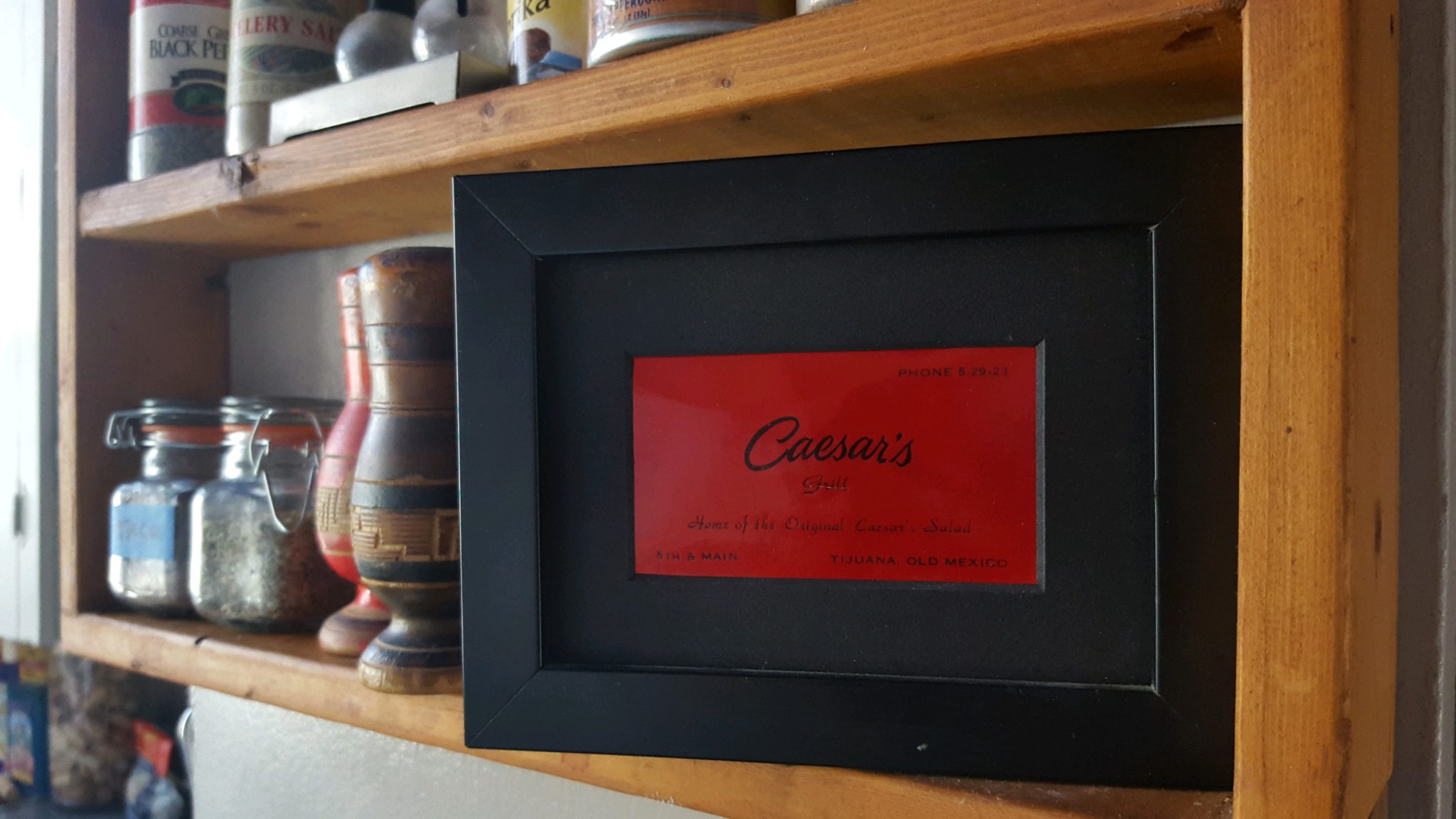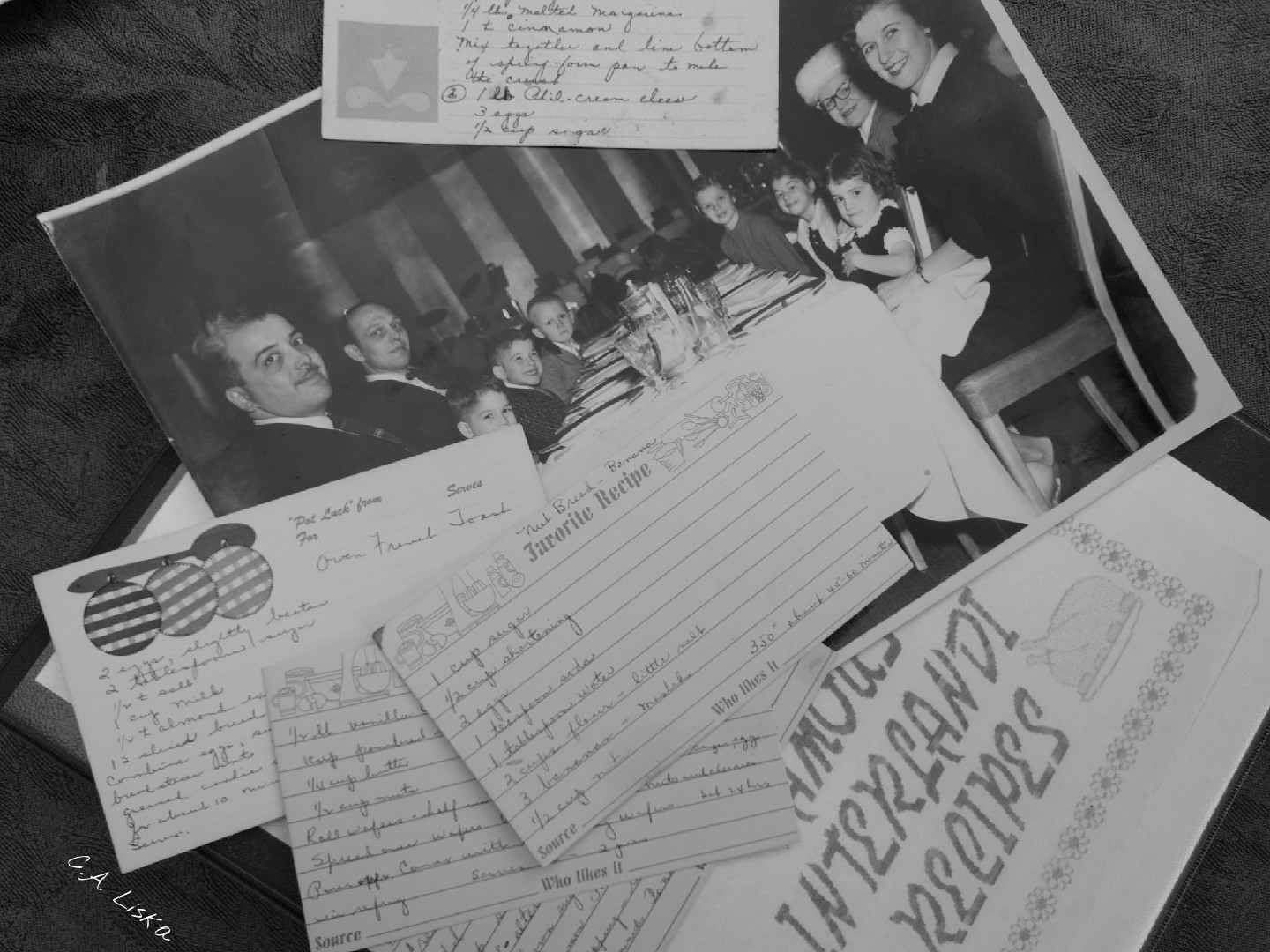I met Eric Sevareid once.
For those of you too young to know who he was I’ll fill you in: He was an American CBS news reporter from 1939 to 1977, a member of a group of war correspondents hired by Edward R. Murrow. He was the first to report the “Fall of Paris” in 1940, when the city was captured by German forces during World War II.
When I met him, in 1971, he was in the middle of a thirteen-year stint as a commentator on the CBS Evening News. Curmudgeonly and erudite, his two-minute political (mostly) commentaries were consistently thought-provoking.
The Peabody- and Emmy Award journalist was dubbed “The Grey Eminence” by his admirers.
I was one of his admirers.
A band I was in, Woodsmoke, had traveled to Washington, D.C., to perform the music and lyrics we had written for a collegiate production of Aristophanes’s The Birds. For reasons I can’t recall, we were treated like royalty. We stayed at the Hay-Adams hotel, dined at Sans Souci and Rive Gauche, and had private tours of the Smithsonian and the White House. In addition to our playing The Birds at the Kennedy Center for the Arts, we also had gigs at Ford’s Theatre and the National Press Club, the latter of which being where I met Sevareid. I distinguished myself by accidently flicking a cigarette ash into the martini I was drinking. I gulped down the cocktail—ashes and all.
Jimmy Smith, the great jazz organist, was a friend of mine. Sorta.
I first met him at the restaurant bearing his name he had just opened somewhere in the San Fernando Valley. During a break between sets, Jimmy joined Geri and me for quick lessons about how few statues of Black people there were in these United States. We were pretty much at a loss for words until Geri suggested that he spend some of his money to erect a few statues.
He just smiled at her and excused himself to return to his Hammond organ.
“Try to play on some of the white keys,” I said as he walked away. He turned on his heels and laughed.
The following Spring I ran into Jimmy in New Orleans. He was eager to show me an area where jazz was being played for mostly local audiences, not the tourist crap in the French Quarter. So off we went to Rampart Street in the Tremé neighborhood. We went to four or five joints, entering through the front door, getting a drink, listening to a bit of music, and leaving through the kitchen door.
The following night, I returned by myself to the first club to listen to more than we had the night before. As I entered, a heavy-set man in a tight-fitting T-shirt, approached and told me that I owed for two drinks that my good buddy Jimmy Smith had ordered and that we had consumed. I had assumed that our drinks were on the house. They weren’t, I learned. I paid. I also skipped going back to any of the other clubs.
I did my part in drinking a fifth of Jack Daniel’s, a Tennessee whiskey I find repugnant. I was sharing this adult beverage with Charles Kuralt, the host of CBS Evening News’ “On the Road.”
All of this took place in a café inside the atria of the Hyatt Hotel in downtown Los Angeles. We started at 8:30 in the morning.
I was interviewing him on the occasion of the publication of yet another book about his travels. A breakfast meeting was scheduled by his publicist. Neither Kuralt nor I were big breakfast fans, something we discovered after studying the menu. He asked the waitress for the liquor, along with two glasses, a bucket of ice, and an ashtray that she would empty from time to time.
“I’m an enthusiastic smoker,” he said, lighting what I remember as a Pall Mall cigarette. I lit one of my Camel non-filters. He poured the whiskey over ice in the two glasses. We toasted and it was off to the races.
It was less an interview than it was a conversation between two men indulging in day drinking. He had lots of stories and plenty of advice: never trust a man wearing red pants; never stay in a motel with a telephone between the two beds (the mattresses would have sagged from traveling salesmen having sat on the edge of the bed); never eat in a restaurant with “horse” in the name.
Remember that if you eat in a diner with “Mom’s home cooking” stenciled on the window, you’ll discover that she was home, cooking.
It was interesting to learn that he didn’t stay in the motor home his crew piloted around the country in search of stories about the most interesting of American. He stayed in hotels and frequently traveled by plane.
His home, he told me, was in New York’s Greenwich Village. His parking space cost more than his apartment.
Sitting on the edge of an over-stuffed couch I sipped tea and watched Rosemary Clooney dash around the living room of her home in Beverly Hills. I can’t remember if she ever sat down, but she did direct my attention, along with that of her 17-year-old nephew, to the house across the street.
To our right was the home of the renowned lyricist Ira Gershwin. Jimmy Stewart’s house was across the street, its large front lawn un-fenced.
What we were awaiting was the arrival of a tour bus populated by Asian visitors. The bus arrived and the tour group unloaded and made themselves comfortable in Stewart’s front yard, unpacking their sack lunches. After about five minutes, Stewart came out of his house and reached down and turned on the sprinklers.
Through two glass panes, I watched Gershwin laugh uproariously.
How cool, I thought. He would never give me an interview, but I saw Ira Gershwin laugh. And I met the young George Clooney.
Photography by Courtney A. Liska
Smothered Chicken
Y’all make this dish, serve it with some collard greens and white rice. Throw on a jazz record, “Down by the Riverside” by Wes Montgomery and Jimmy Smith. Enjoy.
1 lb. chicken thighs
1 c. flour
2 c. chicken broth
1 medium onion
2 cloves garlic
2 tsp. garlic powder
1 tsp. onion powder
1 tsp. paprika
2 tsp. black pepper
2 tsp. salt
Vegetable oil for frying
In a small dish combine paprika, garlic powder, onion powder, salt and pepper.
Season the chicken with half of the seasoning mixture.
Add the other half of the seasoning to the flour and mix well.
Coat the chicken thighs with the flour and set them aside.
Using medium heat bring oil to a boil and fry your chicken for 8 minutes.
Remove chicken from the pan and set it aside.
Remove most of the oil from the pan, leaving about 3 tablespoons and sauté sliced onions for 2 minutes.
Add the garlic and continue to sauté for an additional minute.
Add 3 tablespoons of the seasoned flour then whisk until flour starts to brown.
Pour in the chicken broth and bring to a light simmer.
Return the chicken to the pan and cover and continue to cook for an additional 15 minutes.
